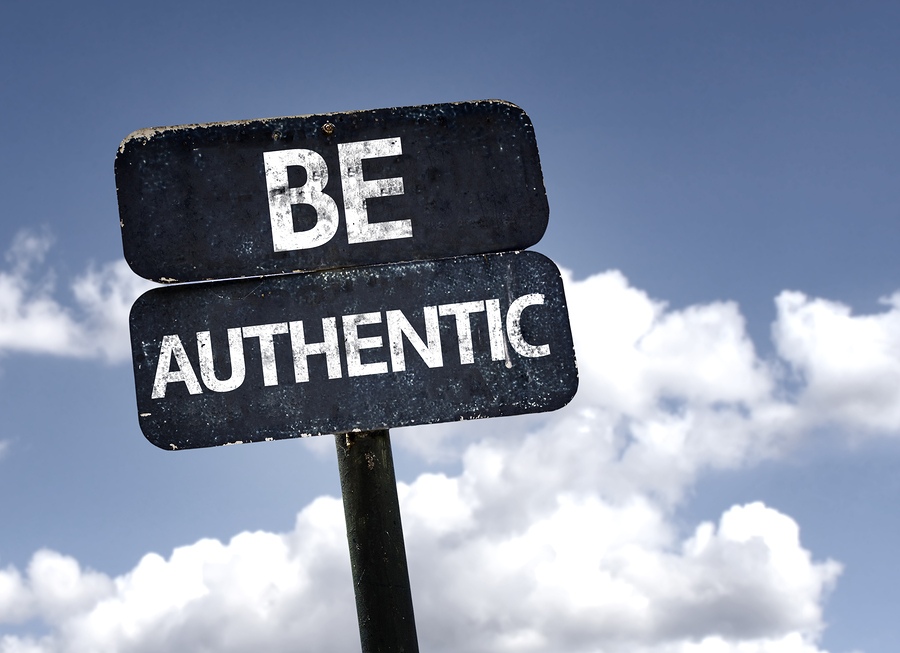Some things have happened in my life in the last few months that, were I to put them in a novel, readers would say, “That’s just not believable. No way all that happens to one person!”
Yeah. Wouldn’t that be nice?
But here’s the thing: Hard times, good times…struggles, peace…abundance, desperate lack…sorrow, joy…
It’s all gold for writers.
Now, I’m not saying to go out there and experience every terrible thing in life can so you can write about it. But when the terrible things come, when the times of rejoicing arrive…be present. Open your eyes to what God has for you in those moments. Because friends, when we go through the fires, we learn a lot. About ourselves. About faith. About others. And we can use it all as we write.
So for the next few weeks, I want to talk about some of those tools. The first of which is authenticity.
Webster’s defines authenticity this way: the quality of being authentic. (Really, Webster’s? So not helpful. Reminds me of the time Brandilyn Collins, at an ACFW conference, called her mother the doyenne of ACFW. Never having heard that word before, I pulled up Webster’s and searched, only to receive this definition: the feminine form of doyen. Who knew Webster was a comedian?? But I digress.)
The second definition is far more helpful: the quality of being authoritative, valid, true, real, or genuine.
How often have you read a book that handled a deep or difficult issue with a platitude or an easy answer? Or started reading a book only to set it aside thinking, “That author hasn’t got a clue.”? Those who have been in the dark places know when a “poser” steps in. And they have little patience for them or their easy answers.
Authenticity, on the other hand, gives our writing power. When we come from a place of soul-deep understanding…a place of compassion and empathy because we’ve been there…our words will resonate with the readers. Because they’ll know we understand.
Whatever you’re writing, take hold of the tool of authenticity. Be willing to be vulnerable–to share the good, the bad, and the “I-was-stunned-to-realize-I-could-do-something-like-that”—with your readers. Don’t let fear or pride or any other obstacle keep you from offering the best you have to give: words bathed in God and surrendered to the lessons He’s taught you. When we do that, we give our readers more than just good fiction or encouraging nonfiction. We give them our hearts. We give them honesty. And depth. And the knowledge that they’re not alone.
We give them hope.
And it doesn’t get any better than that.


